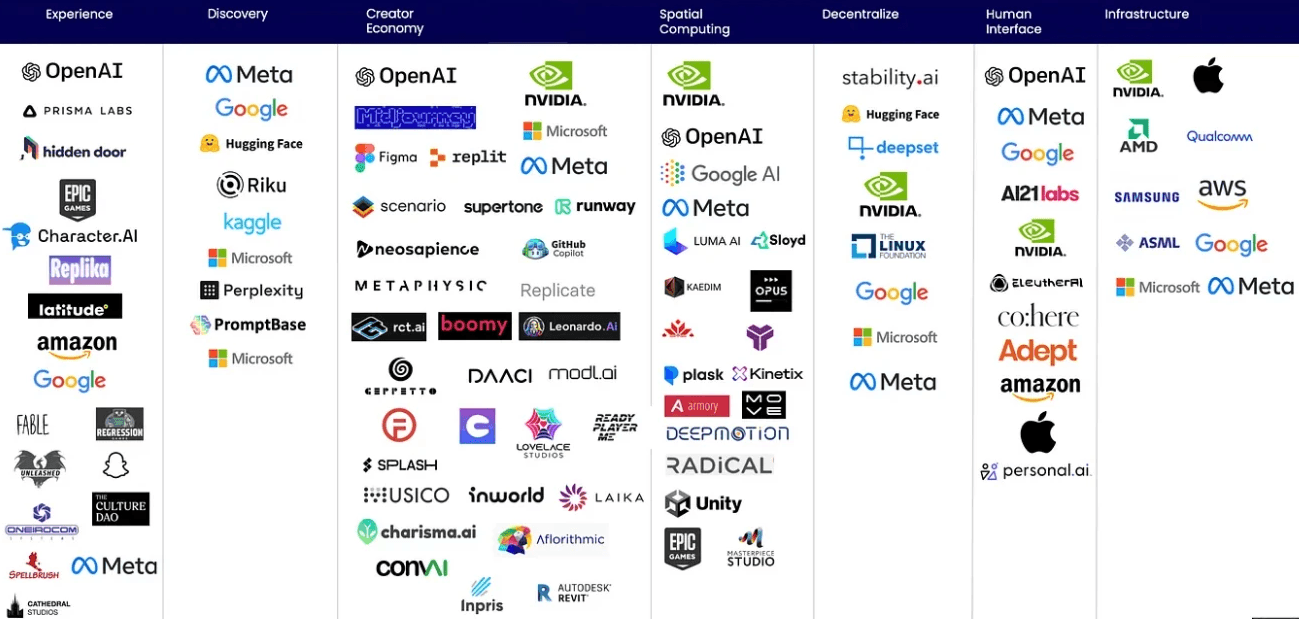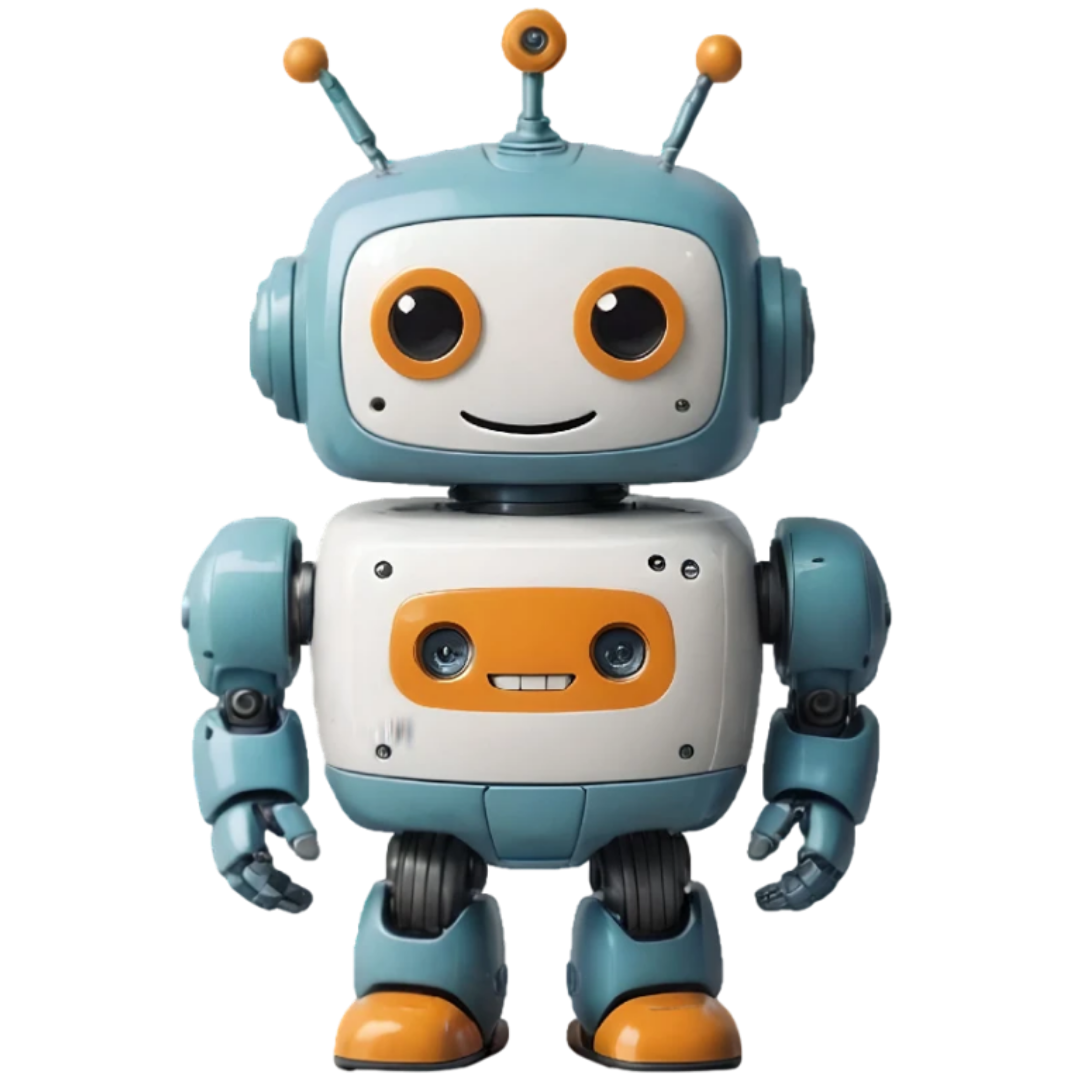July 10, 2024
AI Applications: How to Get Started as a Beginner
Try Creating Your Own Product Photos For Free

AI Applications: How to Get Started as a Beginner
Today, we're exploring the fascinating world of Artificial Intelligence (AI) and how beginners can start their journey in this field. Whether you’re a student, a professional looking to upskill, or just curious about AI, this guide will provide you with an understanding of AI applications and practical steps to get started. Let’s dive in!
What is AI?
Artificial Intelligence (AI) is a branch of computer science that aims to create machines capable of performing tasks that typically require human intelligence. These tasks include learning, reasoning, problem-solving, understanding natural language, and perception.
Why AI Matters
AI is changing the way we live and work. Here are a few reasons why AI is important:
Automation: AI automates repetitive tasks, increasing efficiency and productivity.
Innovation: AI drives innovation by enabling new products and services.
Improved Decision-Making: AI systems analyze large amounts of data to help make better decisions.
Enhanced Customer Experience: AI personalizes and improves customer interactions through chatbots and recommendation systems.
Key AI Applications
AI is being used in a wide range of applications across various industries. Here are some of the most notable ones:
1. Healthcare
AI is transforming healthcare by improving diagnostics, treatment plans, and patient care.
Diagnostics: AI algorithms analyze medical images to detect diseases like cancer and heart disease with high accuracy.
Personalized Medicine: AI helps in creating personalized treatment plans based on individual patient data.
Virtual Health Assistants: Chatbots and virtual assistants provide 24/7 support to patients, answering questions and scheduling appointments.
2. Finance
In the finance industry, AI enhances fraud detection, trading, and customer service.
Fraud Detection: AI systems detect unusual transactions and patterns to prevent fraud.
Algorithmic Trading: AI algorithms analyze market data and execute trades at optimal times.
Customer Service: Chatbots and virtual assistants handle customer inquiries and provide financial advice.
3. Retail
AI improves the shopping experience and optimizes supply chain management.
Personalized Recommendations: AI analyzes customer behavior to suggest products they might like.
Inventory Management: AI predicts demand and manages inventory levels to reduce waste.
Visual Search: AI enables customers to search for products using images instead of text.
4. Transportation
AI is improving transportation with autonomous vehicles and intelligent traffic management systems.
Autonomous Vehicles: Self-driving cars use AI to navigate and make driving decisions.
Traffic Management: AI optimizes traffic flow and reduces congestion through real-time analysis of traffic data.
Logistics: AI improves route planning and delivery efficiency in logistics and supply chain management.
5. Entertainment
AI enhances content creation and personalizes the entertainment experience.
Content Recommendation: AI suggests movies, music, and shows based on user preferences.
Content Creation: AI assists in creating music, art, and even scripts for movies and TV shows.
Gaming: AI creates intelligent and adaptive characters in video games.
How to Get Started with AI as a Beginner
Now that you have an idea of the exciting applications of AI, let’s explore how you can get started on your AI journey.
1. Learn the Basics of AI
Start by building a strong foundation in the basics of AI. Here are some key concepts to focus on:
Machine Learning: Understanding how machines learn from data.
Neural Networks: Learning about the structure and function of neural networks.
Data Science: Gaining skills in data collection, analysis, and visualization.
Resources:
Online courses on platforms like Coursera, edX, and Udacity.
Introductory books like “Artificial Intelligence: A Guide for Thinking Humans” by Melanie Mitchell.
2. Learn to Program
Programming is a fundamental skill for working in AI. Python is the most popular language for AI due to its simplicity and extensive libraries.
Resources:
Online tutorials and courses on Codecademy, Khan Academy, and freeCodeCamp.
Books like “Python Crash Course” by Eric Matthes.
3. Hands-On Projects
Applying your knowledge through hands-on projects is essential. Start with simple projects and gradually take on more complex ones.
Project Ideas:
Building a chatbot using Python and the Natural Language Toolkit (NLTK).
Creating a recommendation system using collaborative filtering.
Developing a simple image classifier using TensorFlow or PyTorch.
4. Explore AI Tools and Libraries
Familiarize yourself with popular AI tools and libraries that can help you build AI applications.
Popular Tools and Libraries:
TensorFlow: An open-source library for machine learning and deep learning.
PyTorch: A deep learning framework known for its flexibility and ease of use.
scikit-learn: A library for machine learning in Python, providing simple and efficient tools.
5. Join AI Communities
Joining AI communities can provide support, inspiration, and opportunities to collaborate with others.
Communities to Join:
Online Forums: Reddit’s r/MachineLearning, Stack Overflow, and AI forums.
Meetup Groups: Local AI and machine learning meetups.
Professional Organizations: IEEE, AI4ALL, and Women in AI.
6. Stay Updated
AI is a rapidly evolving field, so it’s important to stay updated with the latest developments and trends.
Ways to Stay Updated:
Follow AI blogs and podcasts (e.g., Towards Data Science, Data Skeptic).
Subscribe to AI newsletters (e.g., The Batch by deeplearning.ai).
Attend AI conferences and workshops (e.g., NeurIPS, AI Expo).
Conclusion
AI is a transformative technology with applications across numerous industries, from healthcare and finance to transportation and entertainment. Understanding these applications can inspire you to explore AI further and see how it can impact the world around you.
Getting started with AI as a beginner involves learning the basics, mastering programming, working on hands-on projects, exploring AI tools and libraries, joining AI communities, and staying updated with the latest trends. With dedication and curiosity, you can embark on a rewarding journey into the world of AI.
We’re dedicated to empowering diverse and underrepresented communities with AI education. If you have any questions or need further guidance, feel free to reach out to us. We’re here to support you every step of the way on your AI journey.
Happy learning, and welcome to the exciting world of AI!
Try Creating Your Own Product Photos For Free
Ai Education For All
© 2024
